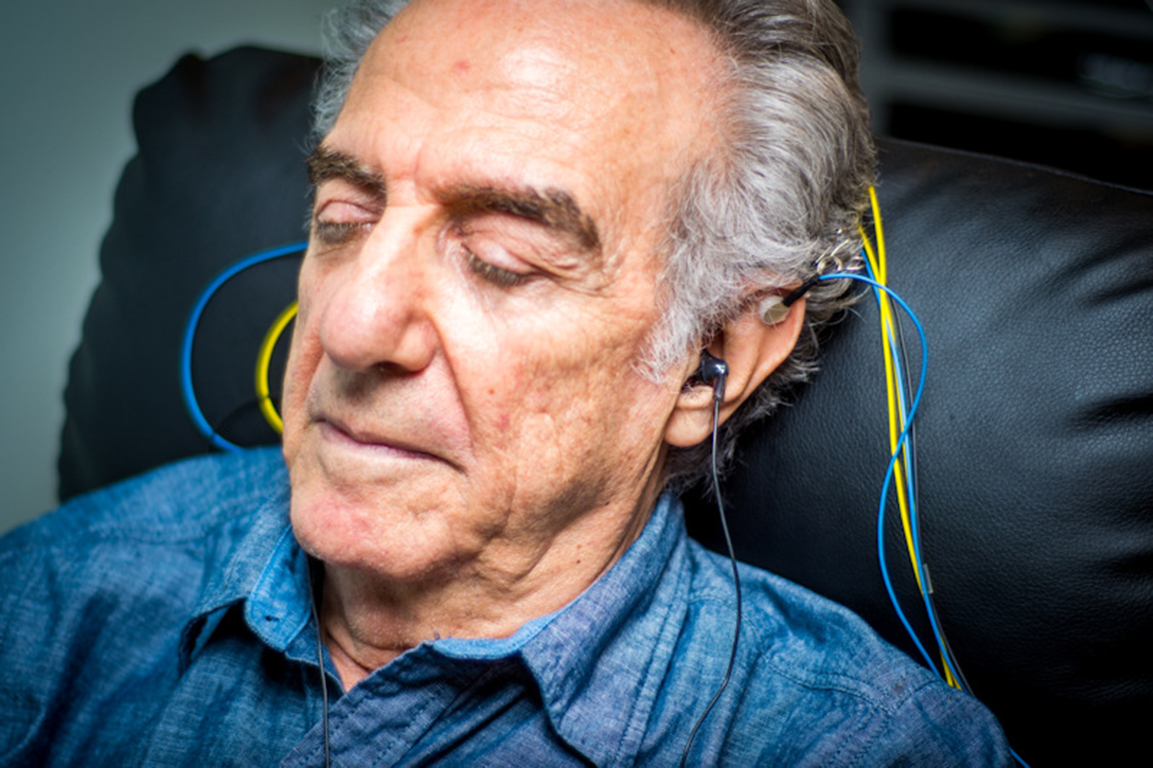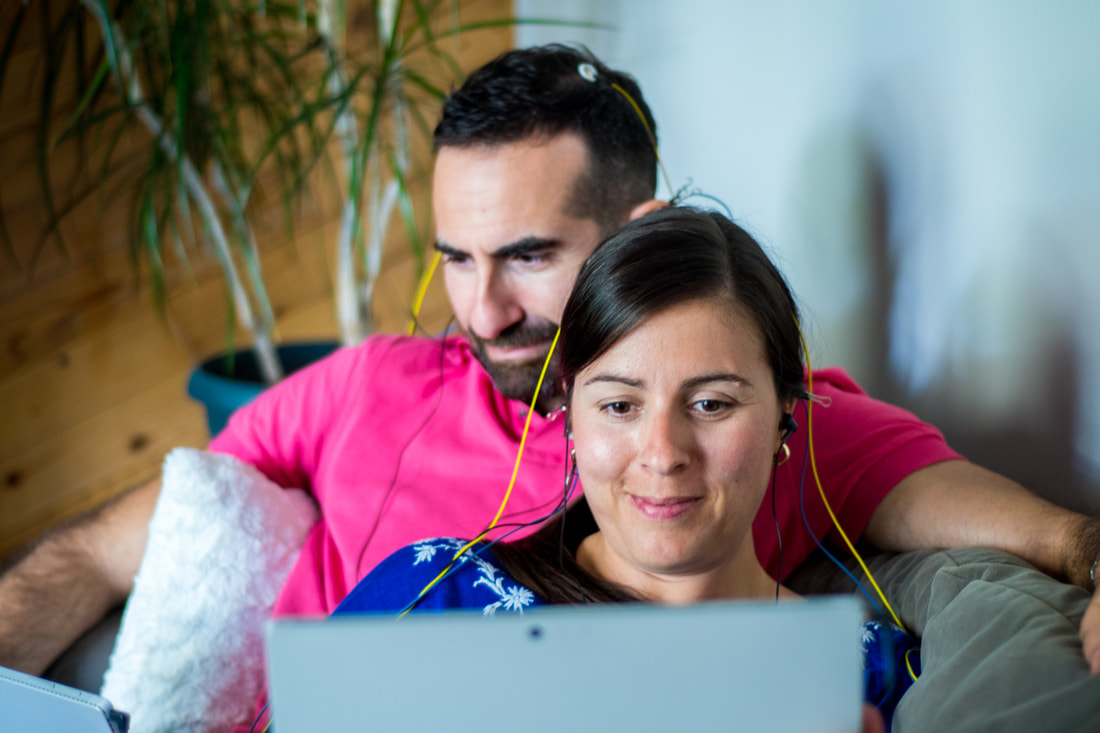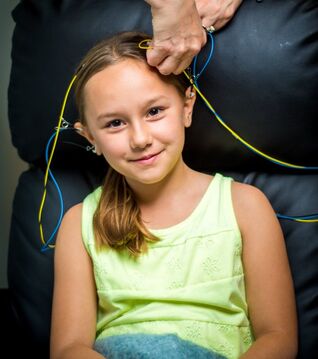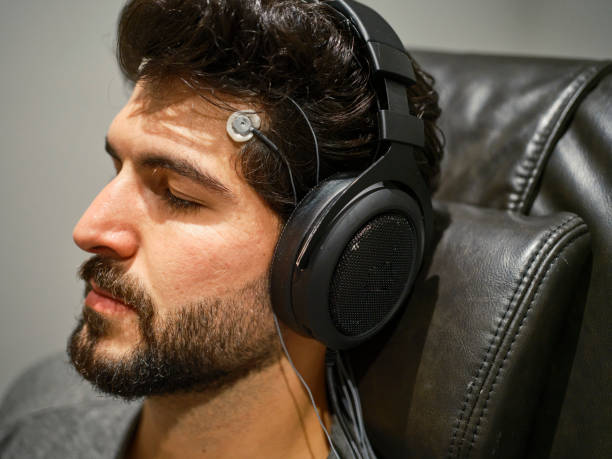Current State of Research
Current State of Research
More clues are emerging about brainwave instabilities associated with insomnia and anxiety
Therapeutic Effect of EEG Biofeedback on 82 Patients with Insomnia
Results showed that the scores of the PQRI scale after 1 trial of biofeedback treatment were significantly lower than those before treatment. Furthermore, the score of the following 10 trials of biofeedback treatments were lower than values following significantly 5 trials of treatments.
More so, patients experienced a significant reduction in insomnia, an easier transition to natural sleep, a shorter time to fall asleep, fewer awakenings during sleep, and a much better quality of sleep.


Efficacy Evaluation of Neurofeedback-Based Anxiety Relief
The increase in the average power of gamma wave indicates the relief of anxiety. The enhancement of the wave power represents an improvement in the subjects’ mindfulness ability. At the same time, the results of ANOVA showed that the difference was significant. From the aspect of neurophysiological signals, we objectively evaluated the ability of our experiment to relieve anxiety.
Additional Research is Emerging Especially for Children
More concerned parents are coming forward, demanding better interventions for helping their children do better, feel better and thrive as they should.
“When there’s enduring, toxic levels of stress, it’s as though the child’s brain is always in fight or flight mode. This can lead to problems with self-regulation, learning, and social interactions, as well as controlling emotions, aggression, nightmares, and healthy attachments later in life.”
Daniel Amen, MD
Medical Director, Amen Clinics


